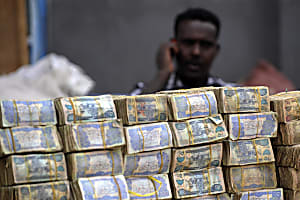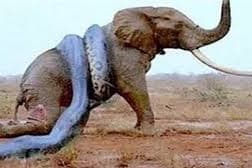MALE: Two foreign journalists, who were arrested by the Maldivian police for violating immigration rules, have been ordered to leave the island nation facing political turmoil.
The two journalists working for French news agency
AFP, Indian national
Money Sharma and British national of Indian-origin Atish Ravi Patel, were handed over to immigration authorities by the police after it was found that they were working in violation of the country's immigration rules, the police said in a statement.

Miffed by power grab, India snubs Maldives special envoy
India delivered a strong snub to the Maldives government by declining a visit by a special envoy to India in the middle of the ongoing unrest in the island nation, making clear its disapproval of the Yameen government's refusal to heed the supreme court order to free political detainees.
"These individuals were found to be working and reporting as journalists while on a tourist visa, in contravention to the Immigration Act and Regulations," the statement said.
The Maldives police, however, clarified that no legal action will be taken against the two journalists.
"We would like to note that although they have been asked to leave the Maldives, no other legal steps shall be taken against them," the police said.

India pushes for UN mission to visit Maldives
India is working with its international partners to ask United Nations to send a fact-finding mission to Maldives so that impartial observers can assess the situation on the ground and nudge the Abdulla Yameen government into restoring democracy.
The action against the two journalists came as a privately-owned television station in the Maldives went off the air, citing threats during the country's current state of emergency.
Rajje TV, which highlights the views of the political opposition, said in a statement that it stopped broadcasting because the country's environment does not allow journalists to report freely and independently, the AFP had reported.
Male, which has seen several political crises since the ouster of its first democratically-elected president
Mohamed Nasheed in 2012, plunged into fresh chaos last Thursday when the Supreme Court ordered the release of nine imprisoned Opposition politicians, maintaining that their trials were "politically motivated and flawed".
 Male plunged into fresh chaos last Thursday when the Supreme Court ordered the release of nine imprisoned Opposition politicians
Male plunged into fresh chaos last Thursday when the Supreme Court ordered the release of nine imprisoned Opposition politicians
















